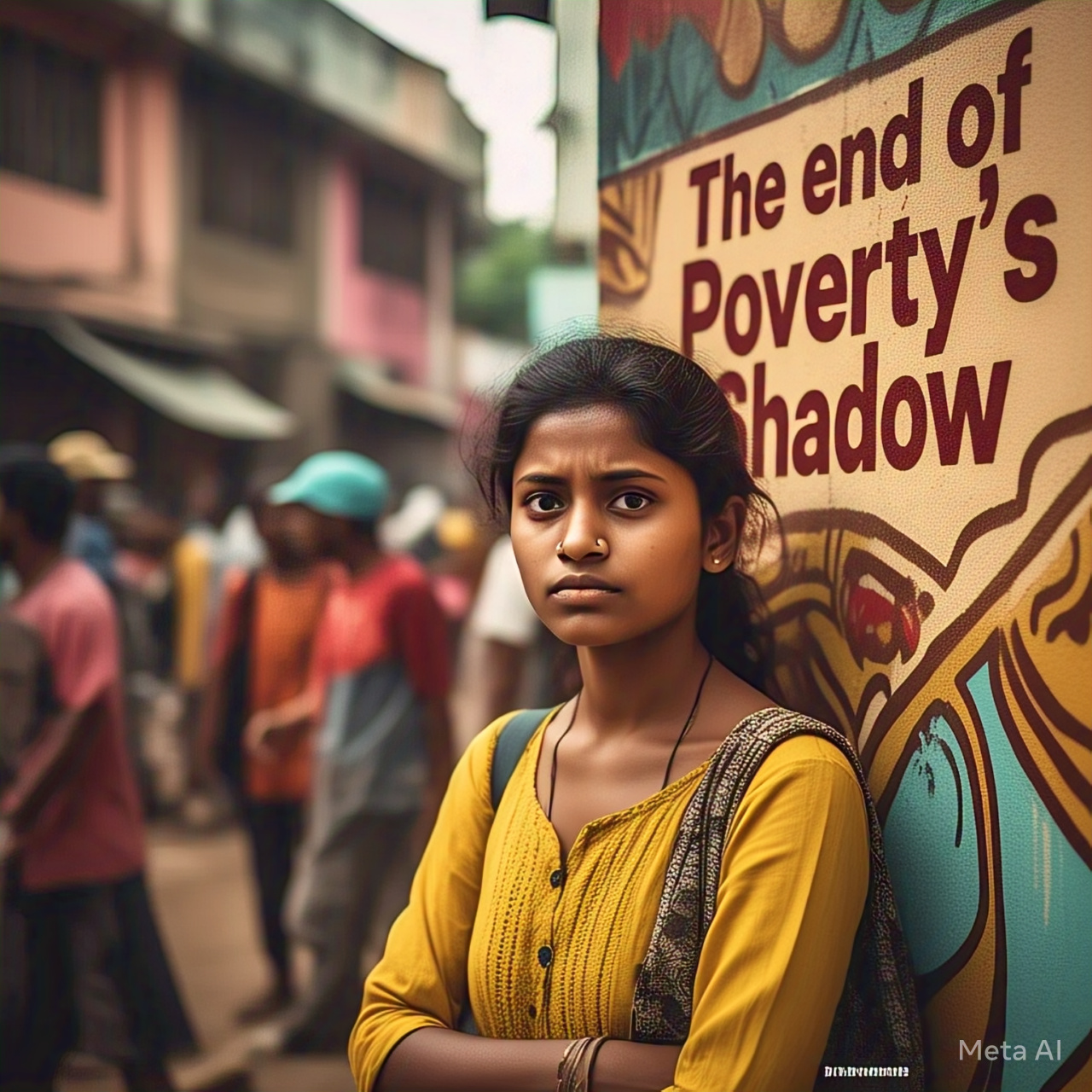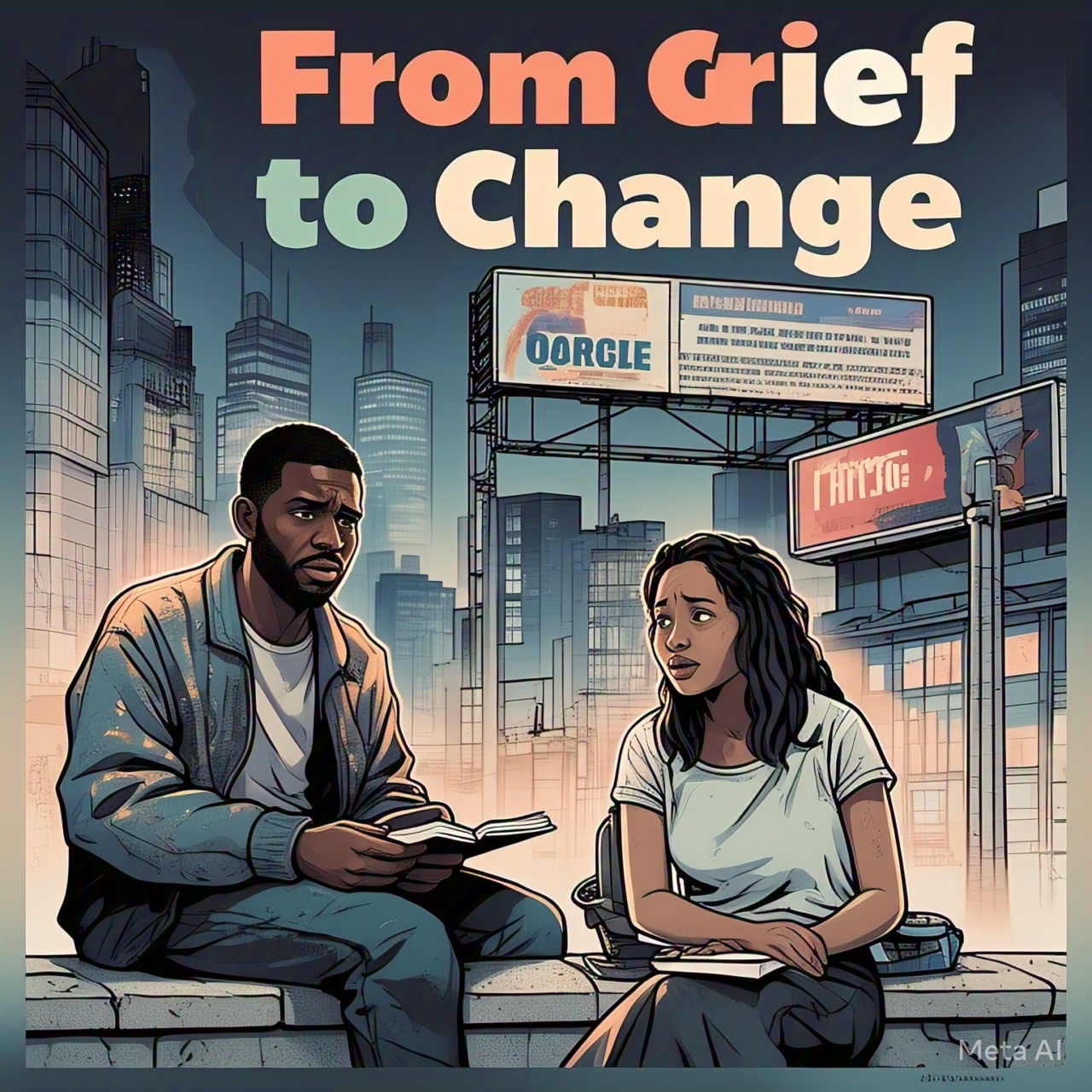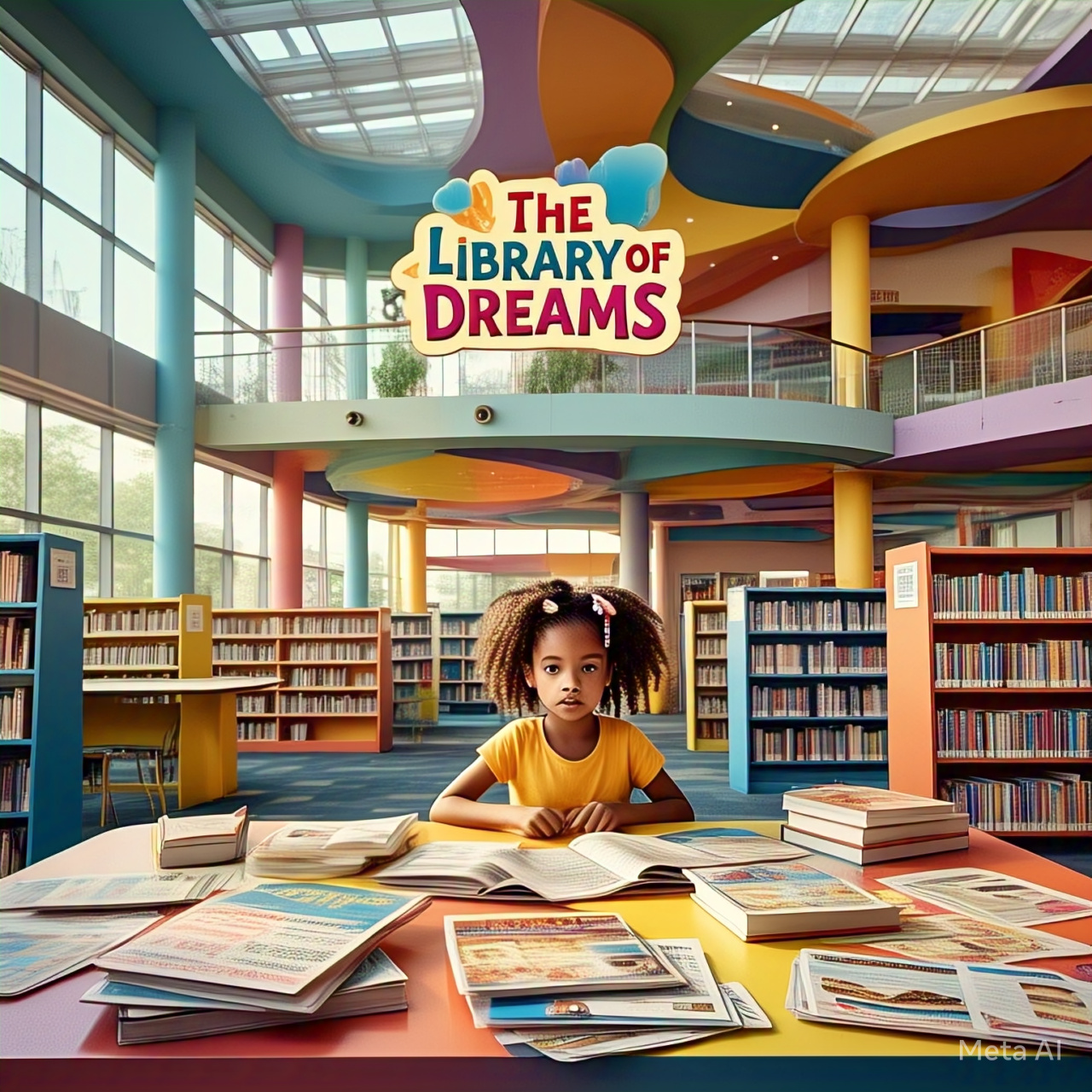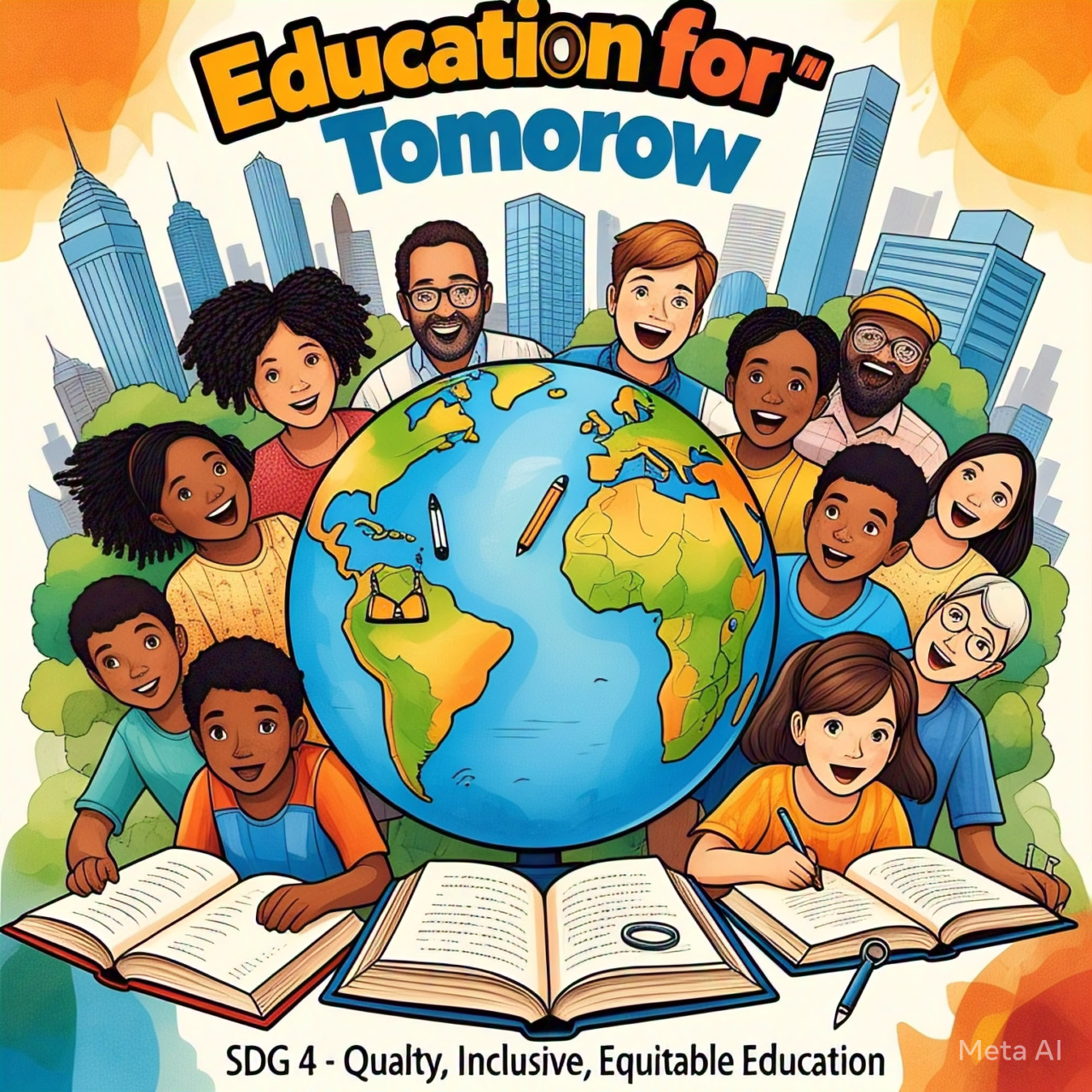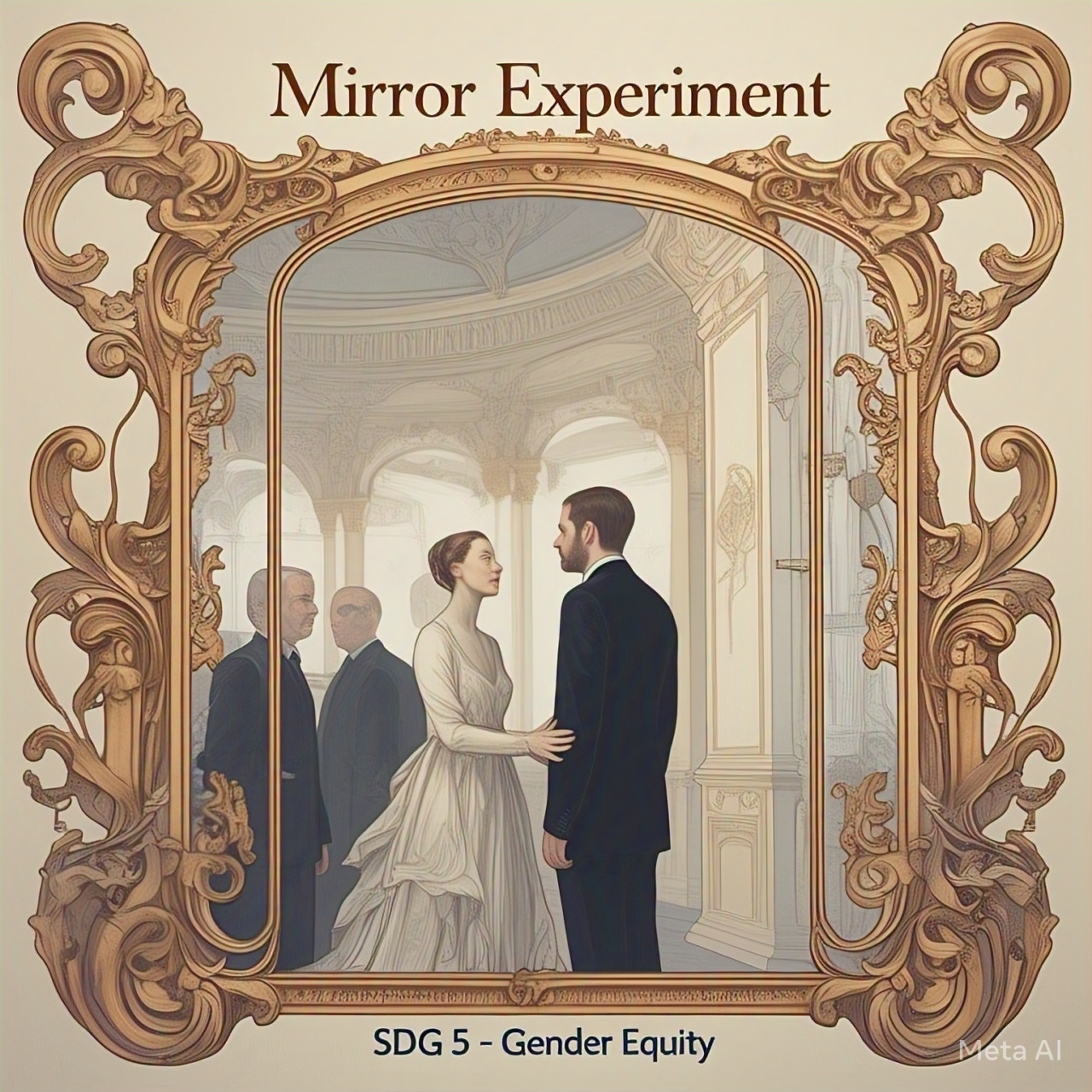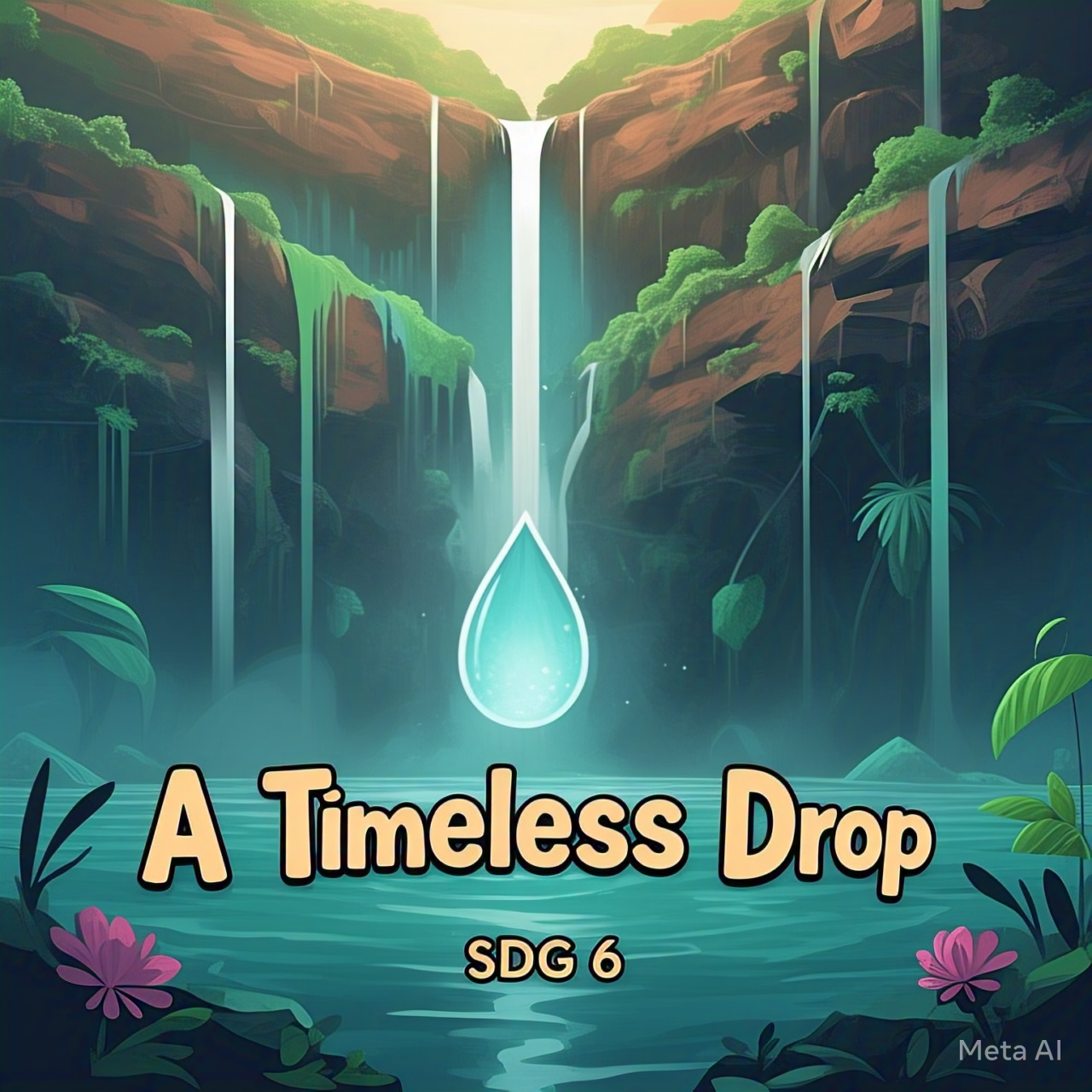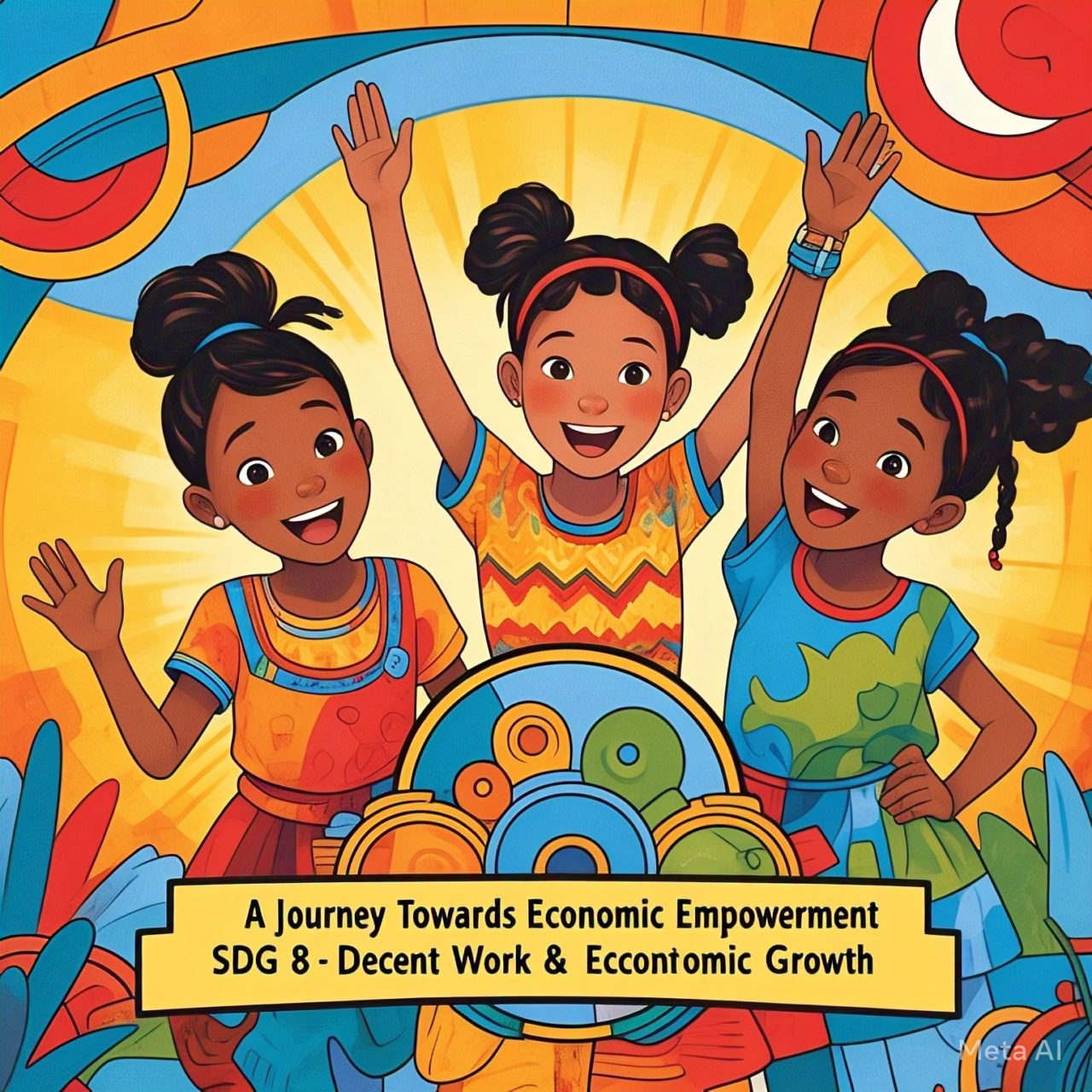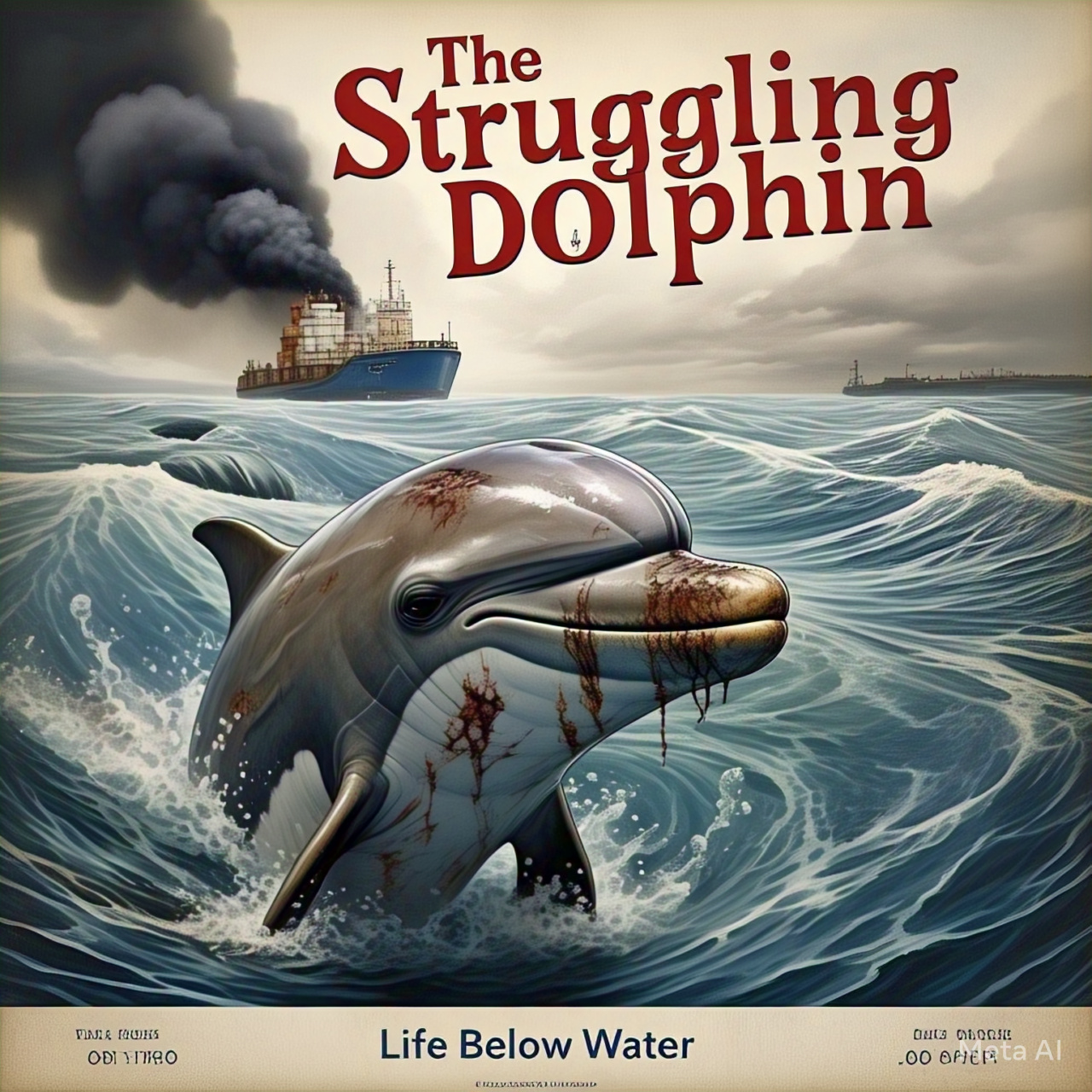The 17 Stories Competition is an initiative of the Nigeria Volunteers Network (NVN), a partner of the UN SDG Book Club African Chapter.
Through participation in the 17 Stories Competition, school children from across the globe let their imaginations fly in order to write immersive stories which address the themes of any one of the 17 United Nations Sustainable Devlopment Goals.
17 Stories Competition Winning Stories
The End of Poverty’s Shadow –
SDG 1 – No Poverty by AVIKA JAIN
In this story, Avika lays emphasis on key variables of sustainability. She rejects what she describes as “transient handouts” associated with aid to the Global South, advocating instead, empowerment through skills acquisition and transfer of technology. Solar powered water pumps, hydropower and microfinance are among the solutions she recommends. Avika advocates for sustainable farming practices, recommending drought resistant crops and advanced irrigation methods without however providing examples of either, which would have been impressive and not too difficult to research. Her story extols the virtues of resilience and opportunity and recognizes the need for autonomy and agency in forging one’s destiny – whether as an individual or as a community.
Download e-Book Here
From Grief to Change –
SDG 3 – Good Health & Wellbeing by PRANAV NAGARWAL
Friends can also parent each other and in this moving story, the affirmation that the hero’s parents fail to give him, is provided by his best friend who has helped to shape his self-image as someone capable of contributing to a “healthy and happy society”. The story extols the value of true friendship and highlights its essential elements: loyalty, courage and selflessness. There is also wisdom in this story with the author promoting the life-saving instinct of spinning pain into gold: his friend’s death from cholera catalyzes his vocation as a researcher of communicable diseases. The story highlights the importance of building a community of like-minds, scientific research and the dissemination of knowledge through the new media. And like many of the other 17 Story writers, Pranav emphasizes the “power of one” to bring about needed change.
Download e-Book Here
The Library of Dreams – SDG 4 – Quality, Inclusive and Equitable Education by ETANIA PAJNI
A lovely story by Etania, advocating the revitalization of libraries, the structures themselves and their usage. It ranks as one of the highest in over 100 story submissions from Mount Abu School. The methods proposed in the story for revolutionizing community perception of libraries are as exciting as they are practicable: A “Library Day” where children come to the library for “fun activities around reading and learning”. Her heroine, Mia, “… thought of games based on books, discussions about favourite stories, and even a mini book fair with local authors. With determination, she printed colourful flyers and put them all over the school”
With fluent use of English, this story presents the library as an exciting place of secrets to unveil and builds a strong case for it as an essential and under-utilized resource for quality and equitable education. Well done!
Download e-Book Here
Education for Tomorrow – SDG 4 – Quality, Inclusive, Equitable Education by ARNAV JINDAL
A lovely, well-written story featuring a heroine who demonstrates tremendous heart, initiative and impressive abilities as a social entrepreneur. While Arnav emphasizes the “power of one” to bring about change, she also lays emphasis on a key variable in community development which is the need for the community’s unity around a cause. The writer presents her heroine as the product good parenting, and emphasizes key variables of healthy child development: parental affirmation and involvement in their child’s education. “She was her parent’s pride and joy. They had always encouraged her studies, hoping she’d have more opportunities than they had growing up.” Finally, Arnav’s reminder that the call to greatness is in fact quite realisable is refreshing. “Not everyone can build a school, but small actions can still change lives!
Download e-Book Here
The Mirror Experiment –
SDG 5 – Gender Equity by SHRUTI CHANDRA
What a wise and beautiful story this is! Shruti’s prose checks most of the boxes for creative writing meets advocacy about sustainability. The Mirror Experiment is the only submission in the 17 Stories competition which makes specific use of modern social science. A televised experiment is organized involving role reversal between men and women in an isolated purpose-built city. A bright woman journalist moves to the city with the goal of gathering empirical evidence to build a powerful case for true gender equity. The story includes an interesting if brief look at power, power dynamics, and a reminder that the need to value people extends beyond the work place and into our homes.
Download e-Book Here
A Timeless Drop –
SDG 6 –Clean Water &Sanitation by ANVESHA POLAMRAJU
This humorous narrative features 2 lively teenagers and great, realistic dialogue. The writer is a thinker, building a case for sustainable practices by using an imaginative device: projection into a future where there is no water. Anvesha brings suspense and drama into the narrative, using the encounter with teenagers from the future to stage an indictment of the ancestors by posterity. Again, youth are at the vanguard of change, leading the community of inspired elders into a new era of where water resources are valued. Pioneering sustainable practices are instituted and emulated by neighbouring communities. A prime example of water conservation is rainwater harvesting using underground storage tanks as featured in this fluently written and captivating fable.
Download e-Book Here
A Journey Towards Economic Empowerment –
SDG 8 – Decent Work & Economic Growth by DHANAKSHI BANSAL
The efficacy of microfinance is a welcome topic in this story about 3 women living in a coastal town. They experience the pain of thwarted dreams until microfinance is introduced to them via a newspaper report about the new initiative launched by the town’s cooperative bank. The story highlights the importance of the feeling of empowerment and sense of accomplishment which is put forward a more potent form of empowerment than economic empowerment. This rich, well-written story is further enhanced by its advocacy for the preservation of cultural heritage. Amina’s fishmonger business includes a seafood restaurant which becomes known for its ‘fresh, locally sourced cuisine’. Zara’s café serves home-made pastries. Naima’s tailoring business preserves ‘her ancestral craft while training a new generation of skilled artisans’.
Download e-Book Here
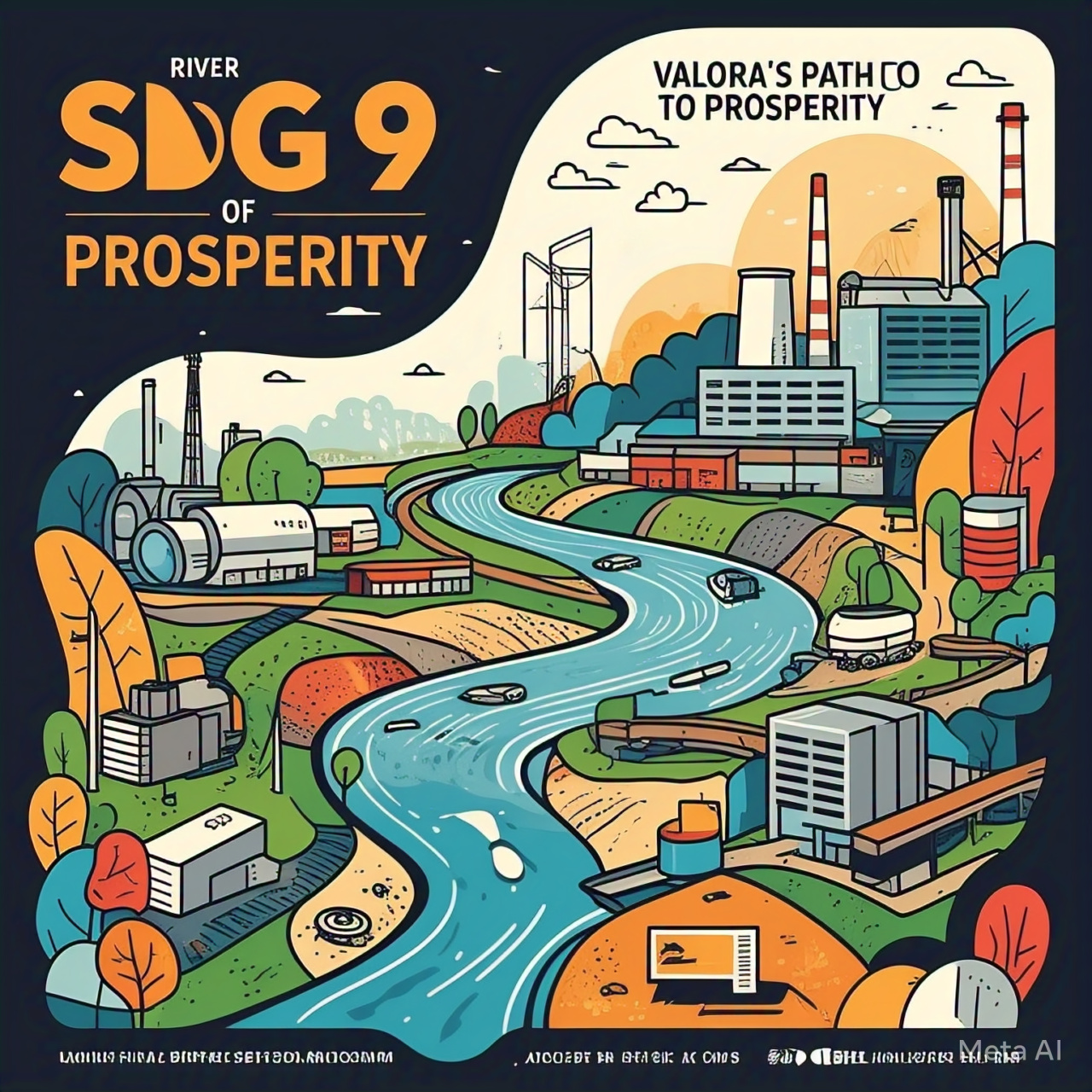
The River of Progress: Valora’s Path to Prosperity –
SDG 9 – Industry, Innovation and Infrastructure by AARYAN KUMAR
Aaryan Kumar's story, The River of Progress: Valora’s Path to Prosperity, effectively illustrates how innovation can revitalize a community, promoting collaboration and dialogue between generations to achieve sustainable development goals. The narrative emphasizes the importance of youth engagement in fostering change and modernization through initiatives like skilled labour guilds. Written in fluent, grammatical English, The River of Progress, is an outstanding vision set in “the ancient land of Valora (where) citizens had relied on traditional farming and local trade to sustain their lives”. The story addresses a host of sustainability agenda items: hydropower, food security and revenue generation. Cross-border trade and cross-cultural synergies are promoted by the writer as a well as a move to integrate Valora into the modern world with “an official guild for skilled labourers, artisans and engineers” who can build infrastructures such as aqueducts, public baths and libraries.
Download e-Book Here
The Bridge Between Us –
SDG 10 – Reduced Inequalities by RAIZEL THAKUR
A very readable story highlighting resourcefulness, innovation, community spirit, volunteering, empathy and practical, tech-assisted solutions to close the poverty gap. A mobile phone app developed by a young entrepreneur, links people in underserved communities with valuable practical resources. A volunteer offers to help write a resumé for a young woman, Aanya. She is a single mother of a small child in a world where single parents struggling to support their families are a growing demographic, particularly in the Global South.
Download e-Book Here
The Rooftop Dreamer – SDG 11 – Safe, Resilient and Sustainable Cities and Communities
by PRANAV RAJ
With an evocative title, Pranav tells a delightful about launching a movement to establish green spaces in Old Delhi, a heavily polluted part of the city. Pranav weaves storylines effectively together: noise pollution is referenced alongside the sources, causes and health outcomes of air pollution. Remedial experiments such as traffic control using the Odd-Even Scheme to limit the number of cars on the streets are referenced and a pro-active school teacher sets her students the task of finding a solution to urban pollution. The important, recurring theme of youth initiative is also here alongside partnership with local government officials and the necessity for unity and community action. Readers will take away the story’s axiom: don’t despise the day of small things.Download e-Book Here

From Dust to Dreams – SDG 12 – Responsible Consumption & Production
by DIVYANSH TREHAN
Vasundhara, a 17-year old girl with a spirit as unyielding as the mountains that surrounded her home”. Divyansh is a promising creative writer, spinning an immersive tale to promote permaculture and sustainable farming practices which her heroine learns about at school. I enjoyed her use of the agricultural word, “seed” metaphorically, as motivational seeds. While the main goal of the story is to promote responsible consumption and production, key variables of sustainable development intersect: gender equity, continuous education and knowledge acquisition, in this context, about farming and commerce. Through her large-hearted and tireless heroine, the writer demonstrates an understanding of legacy building and its relationship with sustainability. Divyansh extols the value of adventure, youth-led initiatives and collaborative work within communities in this impressive work of advocacy.Download e-Book Here

Crimson Descent – SDG 13 – Climate Action by TRISTINA RAY
Climate change is largely responsible for deforestation which contributes to climate change and Tristina’s story, despite being submitted under SDG 13- Climate Action, is strikingly evocative of the concerns of SDG 15 - Life on Land. Deforestation and the research -which forms the storyline - carried out by a group of dedicated scientists around the last tree standing on earth, make it perfect material for SDG 15. This goal seeks to protect, restore and promote sustainable use of terrestrial ecosystems, sustainably manage forests, combat desertification, halt and reverse land degradation, and halt biodiversity loss.
This suspenseful story stands out for the way it explores the intersection of sustainability and human decision-making. At the end, the intrepid scientists choose wisely and hopefully by taking the long view. Crimson Descent is a riveting story and one of the best submitted to the 17 Stories competition by Mount Abu School.
Download e-Book Here
The Struggling Dolphin – SDG 14- Life Below Water
by LAKSHITA TANWAR
A very readable story highlighting resourcefulness, innovation, community spirit, volunteering, empathy and practical, tech-assisted solutions to close the poverty gap. A mobile phone app developed by a young entrepreneur, links people in underserved communities with valuable practical resources. A volunteer offers to help write a resumé for a young woman, Aanya. She is a single mother of a small child in a world where single parents struggling to support their families are a growing demographic, particularly in the Global South.
Download e-Book Here
